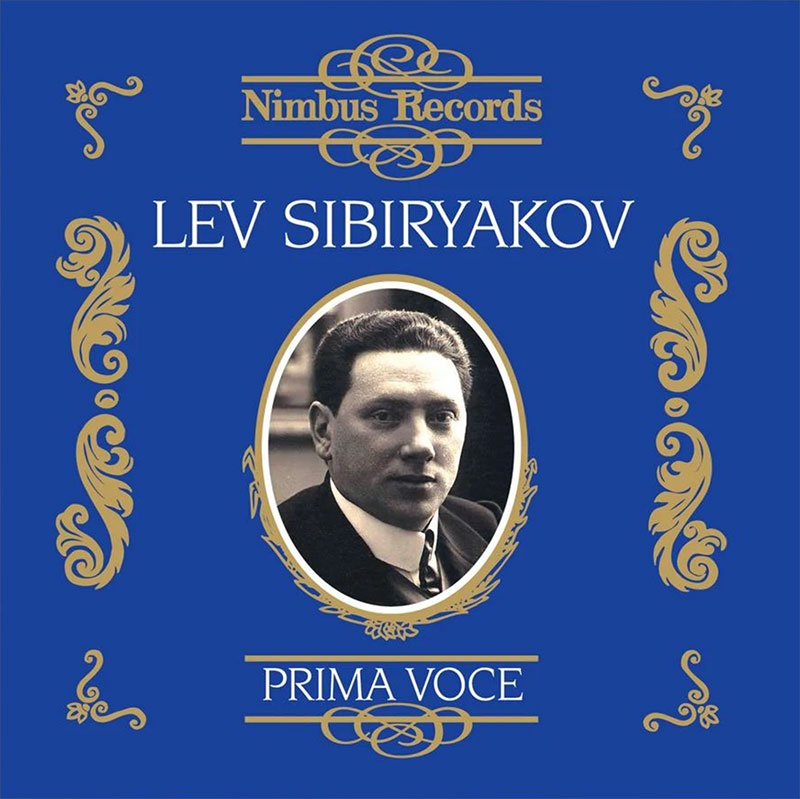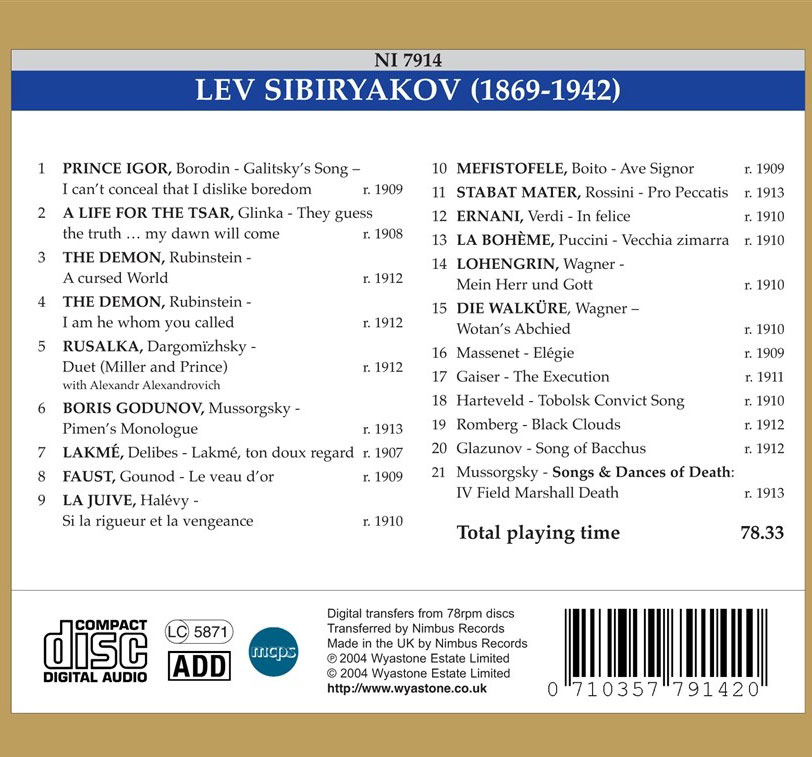Logowanie
OSTATNI taki wybór na świecie
Nancy Wilson, Peggy Lee, Bobby Darin, Julie London, Dinah Washington, Ella Fitzgerald, Lou Rawls
Diamond Voices of the Fifties - vol. 2
Tylko 1000 egzemplarzy!!!
DVORAK, BEETHOVEN, Boris Koutzen, Royal Classic Symphonica
Symfonie nr. 9 / Wellingtons Sieg Op.91
nowa seria: Nature and Music - nagranie w pełni analogowe
Petra Rosa, Eddie C.
Celebrating the art and spirit of music - vol. 3 - Pure
warm sophisticated voice...
Peggy Lee, Doris Day, Julie London, Dinah Shore, Dakota Station
Diamond Voices of the fifthies
Tylko 1000 egzemplarzy!!!
SAMPLER - STS DIGITAL, Buddy Tate, Milt Buckner, Walace Bishop
Jazz Masters - Legendary Jazz Recordings - v. 1
proszę pokazać mi drugą taką płytę na świecie!
Chesky! Niezmiennie perfekcyjny
Winylowy niezbędnik
ClearAudio
Double Matrix Professional - Sonic
najbardziej inteligentna i skuteczna pralka do płyt winylowych wszelkiego typu - całkowicie automatyczna
BORODIN, GLINKA, RUBINSTEIN, MUSSORGSKY, HALEVY, Lev Sibiryakov
Lev Sibiryakov

1 Prince Igor: I Can't Conceal That I Dislike Boredom (Galitsky's song) (Recorded 1909) 02:19
2 A Life for the Tsar: They Guess the Truth, My Dawn Will Come (Recorded 1908) 03:11
3 The Demon: A Cursed World (Recorded 1912) 02:57
4 The Demon: I Am He Who You Called (Recorded 1912) 03:25
5 Rusalka: Duet (Miller and Prince) (Recorded 1912) 08:07
6 Boris Godunov: Pimen's monologue (Recorded 1913) 04:49
7 Lakmé: Lakmé, ton doux regard (Recorded 1907) 03:06
8 Faust: Le veau d'or (Recorded 1909) 02:16
9 La Juive: Si la rigeur et la vengeance (Recorded 1910) 03:52
10 Mefistofele: Ave Signor (Recorded 1909) 03:24
11 Stabat Mater: Pro Peccatis (Recorded 1913) 04:19
12 Ernani: In felice (Recorded 1910) 03:29
13 La Bohème: Vecchia zimarra (Recorded 1910) 02:15
14 Lohengrin, WWV. 75: Mein Herr und Gott (Recorded 1910) 03:41
15 Die Walküre, WWV. 86B: Wotan's Abchied (Recorded 1910) 04:25
16 Elégie (Recorded 1909) 02:50
17 The Execution (Recorded 1911) 04:14
18 Tobolsk Convict Song (Recorded 1910) 03:26
19 Black Clouds (Recorded 1912) 03:45
20 Song of Bacchus (Recorded 1912) 03:32
21 Songs and Dances of Death: IV. The Field-Marshall (Recorded 1913) 05:01
- Lev Sibiryakov - singer
- BORODIN
- GLINKA
- RUBINSTEIN
- MUSSORGSKY
- HALEVY
Since the advent of sound recordings at the end of the 19th Century devotees of Vocal-Art have been fascinated by the voices of the great singers who were primarily active in the opera houses of Imperial Russia. Since comparatively few of these legendary singers made careers in the West, most could only be judged by their recordings - which were always very hard to find. Lev Sibiryakov was one of a small handful of Russian singers who appeared abroad, in the standard repertoire; he also promoted operas written by late 19th century Russian composers, and he recorded music that was to become a core element of an emerging Russian musical heritage.





























